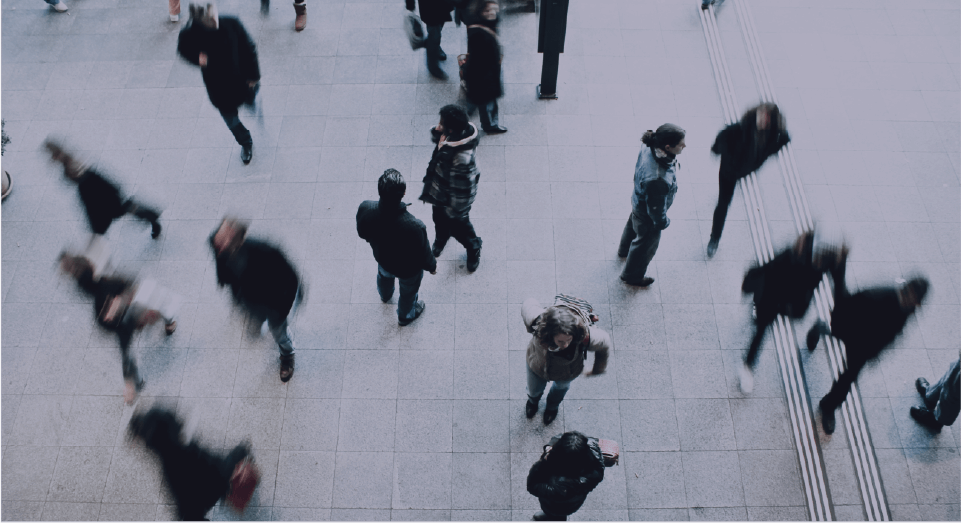There is no doubt that during the last few months we have witnessed the advance of the pandemic caused by the COVID-19 virus throughout the world and, as is generally known, this virus mainly attacks a group of the population considered as “vulnerable”.
In this group, we find, among others, people with disabilities, because they are at a higher risk of contracting the disease because, among other things, their immune system is lower due to the nature of their disability or the existence of chronic diseases.
In this sense, in order to guarantee the rights of persons with disabilities in the face of the Covid-19 Pandemic – Law 29973¹, in April of this year, the Ombudsman’s Office, in its capacity of promoting, protecting and supervising the Rights of Persons with Disabilities, issued Special Reports Nos. 004-2020, 005-2020-006-2020-DP in which it recommended the State to take concrete actions in relation to the rights of health, work, education and social protection of such persons.
Thus, the State issued Legislative Decree 1468², which provided for specific actions to guarantee the rights, prevention and protection of persons with disabilities during the state of emergency; these provisions are applicable to all public and private entities in the country.
Let’s see then what measures have been taken to guarantee the rights of persons with disabilities:
1.- Accreditation of the condition with disability with an affidavit, which will be subject to subsequent auditing.
2.- Prohibition of any type of discrimination and violation of the rights of persons with disabilities.
3.- Guarantee the continuity of health services, medical care and timely delivery of medicines related to pre-existing health conditions of persons with disabilities.
4.- Priority access to humanitarian supplies, social programs or any other resource provided by the State, to cover the needs of persons with disabilities during the state of emergency.
5.- Immediate attention to persons interned in Residential Shelters, Penitentiary Establishments, Shelter Homes, Psychiatric Hospitals, among others.
6.- It foresees the creation of community support networks led by district municipalities, with the technical assistance of Conadis.
Communications from the authorities of the 03 levels of government (National, Regional and Municipal) related to Covid-19, should be provided in accessible formats for people with disabilities.
8.- Accessible education and with adaptations in all its stages, levels and modalities; with the purpose that students with disabilities have the educational mechanisms to continue with their education.
9.- Accessible means and formats in the educational service, in order to guarantee that students with disabilities are in equal conditions as others.
10.- Flexible therapeutic outings for people with mental or intellectual disabilities, whenever strictly necessary and respecting all health safety measures.
11.- Priority access to repatriation for people with disabilities and their family members or caregivers.
12.- Accessibility in remote work or paid leave for persons with disabilities; also for their family members who are their supporters (fourth degree of consanguinity or second degree of affinity), in case the person with disability has a Covid-19 diagnosis or belongs to the risk group.
CONCLUSIONS:
The enactment of Legislative Decree 1468 is important and convenient, because among other aspects, it recognizes the rights of persons with disabilities, both in matters of health, autonomy and independent living, education, work, accessibility to information and communications, security, protection and access to humanitarian supplies; in order to establish equal conditions with other people, even more so if it is a population considered vulnerable to the Covid-19 pandemic.
Finally, it should be remembered that the National Council for the Integration of Persons with Disabilities – CONADIS, will provide technical assistance to municipalities through the OMAPED (Municipal Office for the Attention of Persons with Disabilities), for the timely attention of persons with disabilities during the State of Emergency, without prejudice to its supervisory role.
1. General Law for Persons with Disabilities – Law 29973, dated 13-12-2012.
2. Legislative Decree 1468 dated 22-04-2020 – Establishes Prevention and Protection Provisions for Persons with Disabilities during the State of Emergency.



